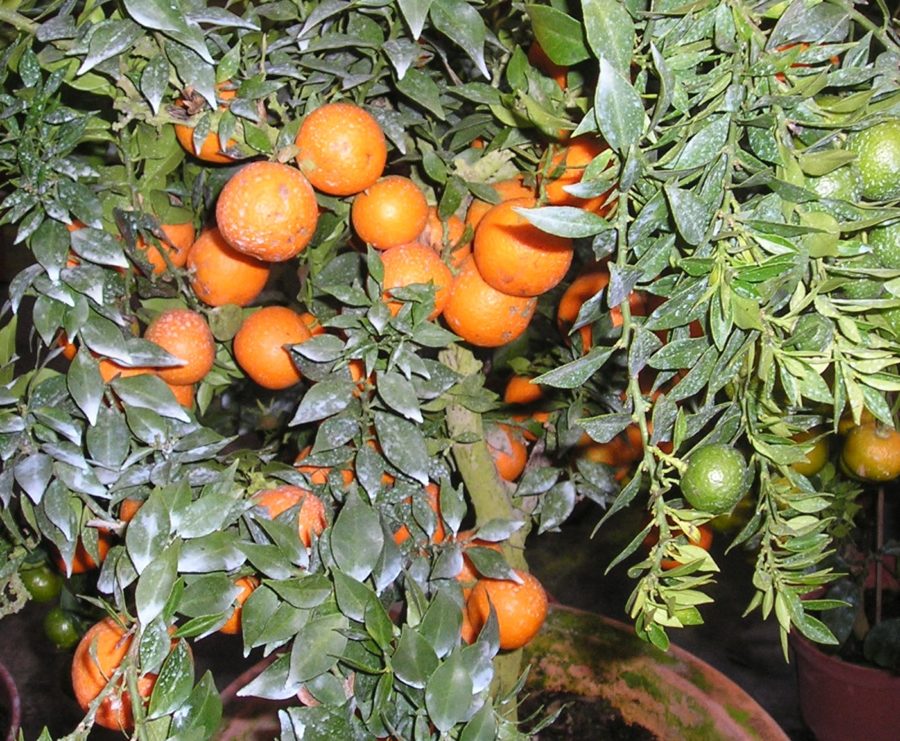
Bigaradier Chinoto Myrtifolia Citrus aurantium avec fruits SylvestreAgrumes
Description Habit: Small tree G. Renu, Sanjana Julias Thilakar, D. Narasimhan, Centre for Floristic Research, Department of Botany, Madras Christian College, Tambaram 📚 Nomenclature and Classification No Data 📚 Natural History Natural History Cyclicity Flowering: March-April. Fruiting: October-November. Ayyappan.
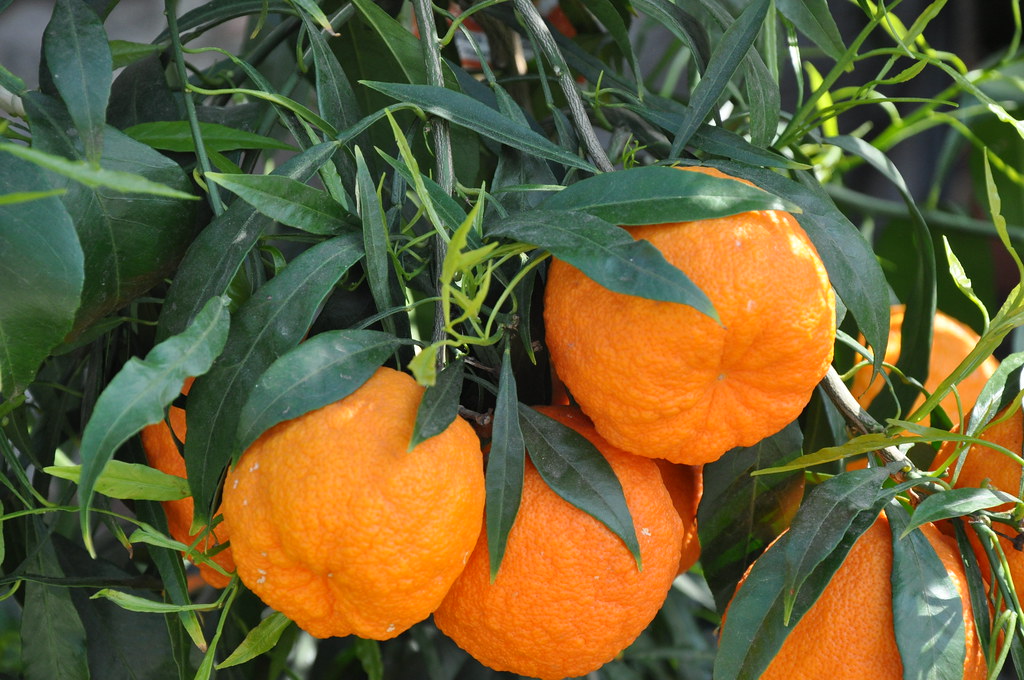
CITRUS AURANTIUM PLANTHISPANIA S.L.
Citrus x aurantium Common Name (s): Bergamot Bergamot Orange Bigarade Orange Bitter Orange Citrus bergamia Seville Orange Sour Orange Phonetic Spelling SI-trus aw-RAN-tee-um This plant has low severity poison characteristics. See below Description
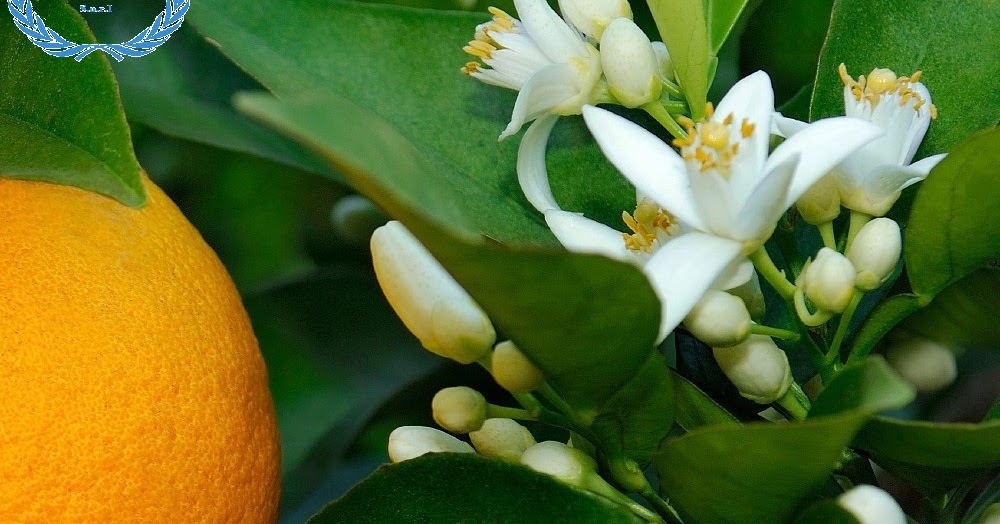
BIGARADIER / CITRUS / AURANTIUM / ELIRANG SPM Maroc
Neroli oil is an essential oil produced from the blossom of the bitter orange tree ( Citrus aurantium subsp. amara or Bigaradia ). Its scent is sweet, honeyed and somewhat metallic with green and spicy facets. Orange blossom is also extracted from the same blossom and both extracts are extensively used in perfumery.

Citronnier bigarade Bigaradier Citrus aurantium
Effect of hesperidin and neohesperidin from bittersweet orange (Citrus aurantium var. bigaradia) peel on indomethacin-induced peptic ulcers in rats Hesperidin and neohesperidin are the major flavanones isolated from bittersweet orange. It was recently reported that they have potent anti-inflammatory effects in various inflammatory models.

Orange flower Absolute(Citrus bigaradia) Aroma Health Texas
Citrus × aurantium can be identified through its orange fruit with a distinctly bitter or sour taste. The tree has alternate simple leaves and thorns on its petiole. Usage Many varieties of bitter orange are used for their essential oil, and are found in perfume, used as a flavoring or as a solvent, and also for consumption.

Citrus Aurantium to Iran
Botanical Name of Bitter Orange: Citrus aurantium. Other Common Names: Kuang chu, naranja agria, neroli, amara, hua chu hung, citrus bergamia, citrus bigaradia, citrus vulgaris, Seville orange, zhi shi, petit grain, chongcao, bigarade orange, sour orange. Habitat: Bitter orange is a plant or a tree that belongs to the Rutaceae Family.
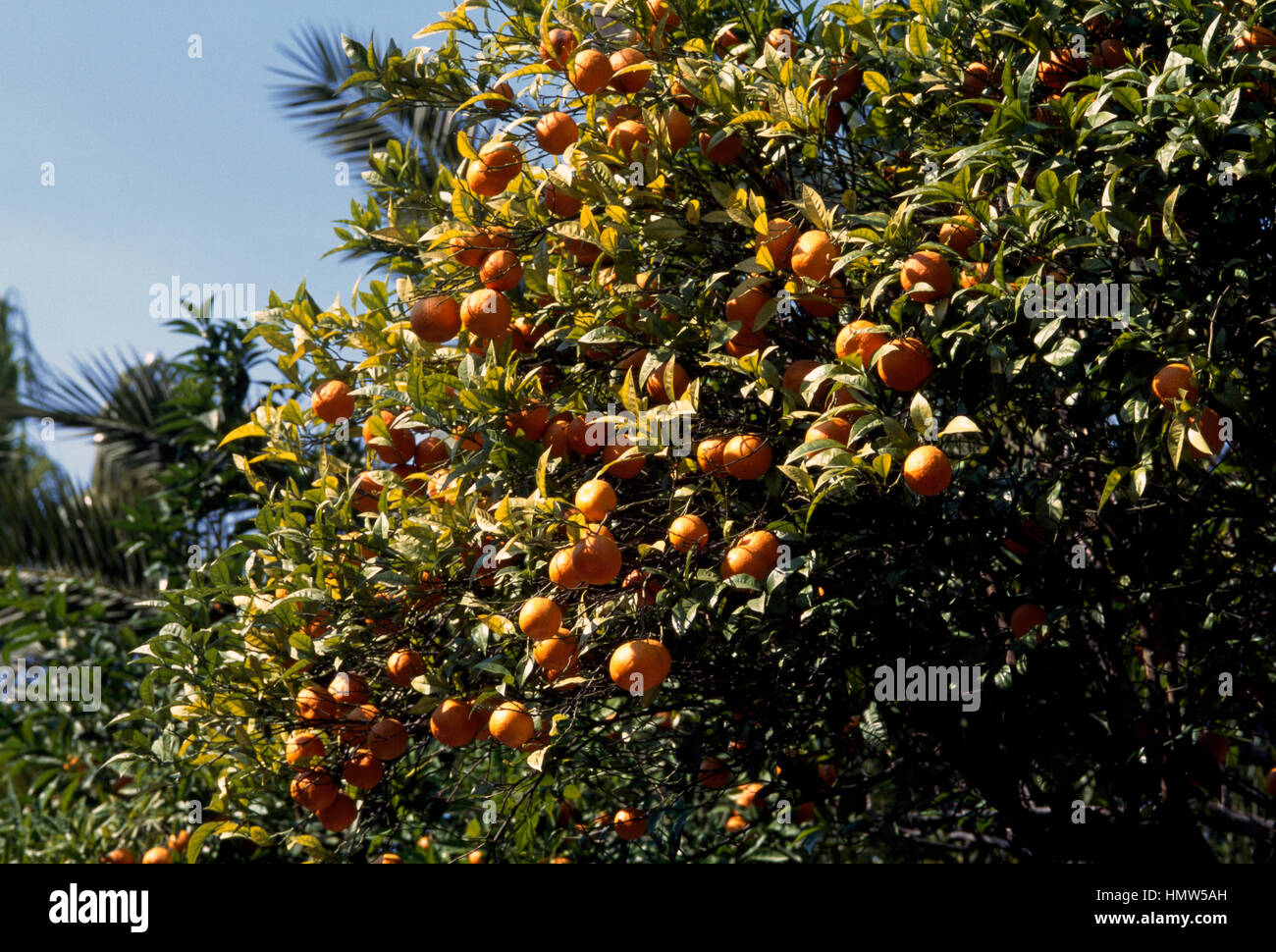
Bitter orange or Seville orange (Citrus x aurantium bigaradia), Rutaceae Stock Photo Alamy
Oil of Sweet Orange Peel contains at least 90 per cent o-limonene, the remaining 10 per cent being the odorous constituents, citral, citronellal, etc. It is a yellow liquid with the specific gravity 0.842 to 0.846 at 25 degrees C. (77 degrees F.). Oil of Bitter Orange Peel, a pale yellow liquid, is soluble in four volumes of alcohol, the.

Petitgrain Bigarade Citrus aurantium ssp bigaradia (Rutacées)
1. Introduction. Citrus aurantium L. (Rutaceae), commonly known as bitter orange, is usually utilized as a flavoring and acidifying agent for food [ 1 ]. Besides the essential oil and its components [ 2, 3 ], the fruits of C. aurantium are sources of flavonoid-type compounds with diverse biological effects [ 4 - 6 ].

Citrus aurantium Tegenmacht
This International Standard specifies certain characteristics of the essential oil of petitgrain, Paraguayan type (Citrus aurantium L. var. Paraguay (syn. Citrus aurantium var. bigaradia Hook f.)), intended to facilitate the assessment of its quality.
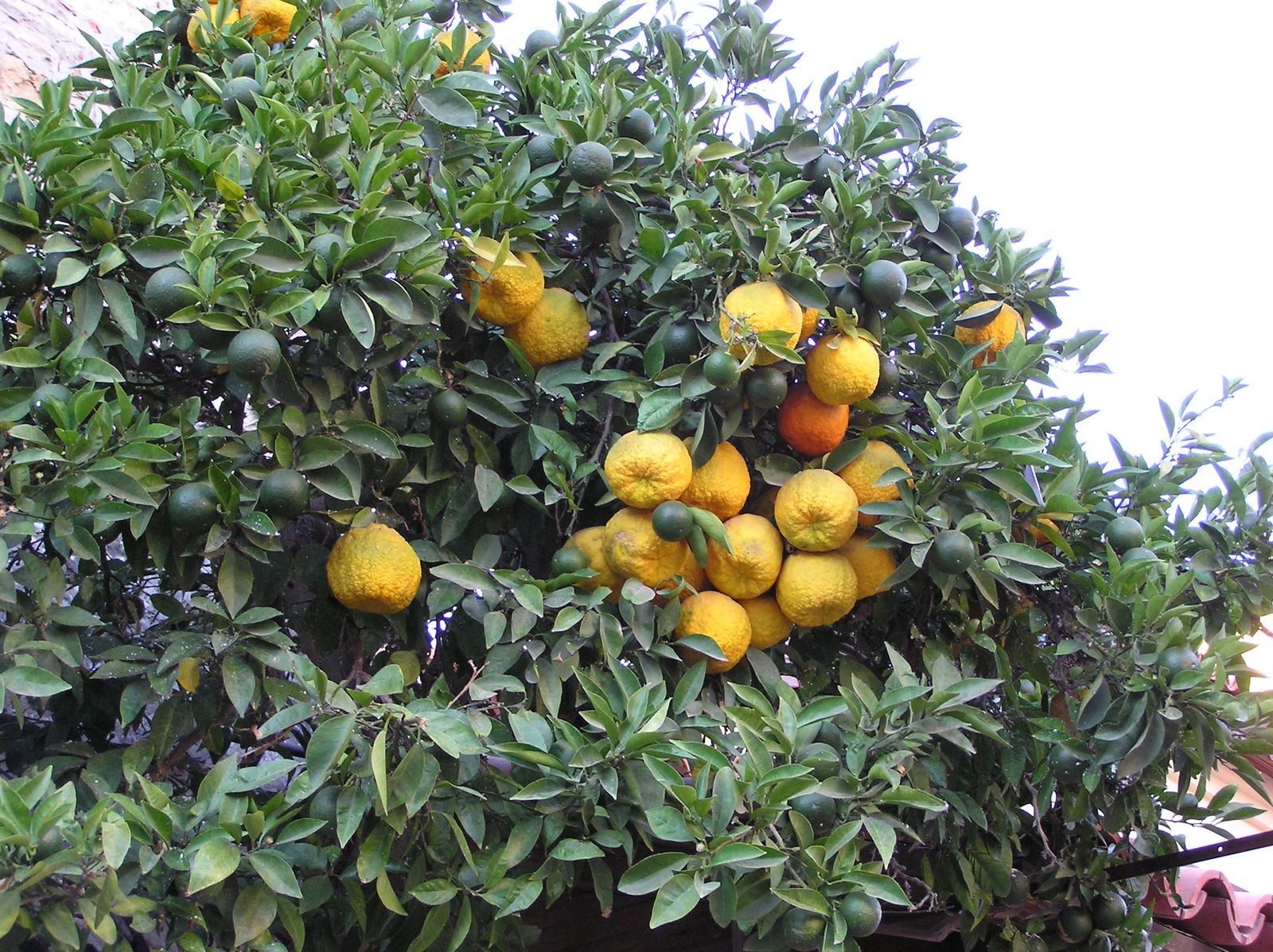
Citrus × aurantium L. Plants of the World Online Kew Science
Bitter orange, sour orange, Seville orange, bigarade orange, or marmalade orange is the citrus tree Citrus × aurantium and its fruit. It is native to Southeast Asia and has been spread by humans to many parts of the world. It is probably a cross between the pomelo, Citrus maxima, and the mandarin orange, Citrus reticulata.
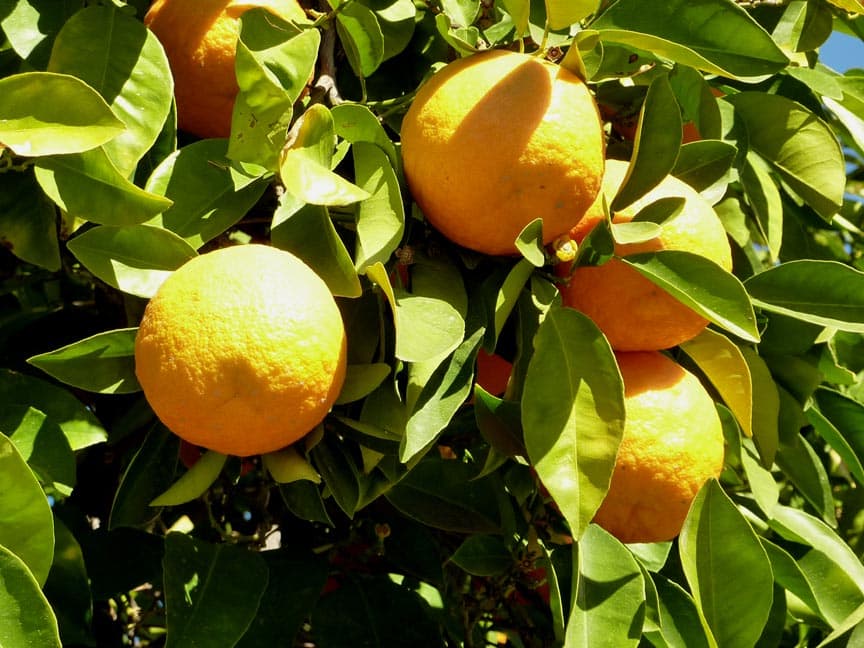
Citrus Aurantium (สารสกัดจากส้ม)
Citrus aurantium var. bigaradia Hook f. Citrus bigaradia Risso & Poit. Citrus bigarradia Loisel. The Bittersweet orange came from the Near East to Europe with the returning crusaders in the 12th and 13th centuries. The tree is known to have been commercially grown in the Nice area from the year 1322 (as opposed to the 'Sevillano' above).
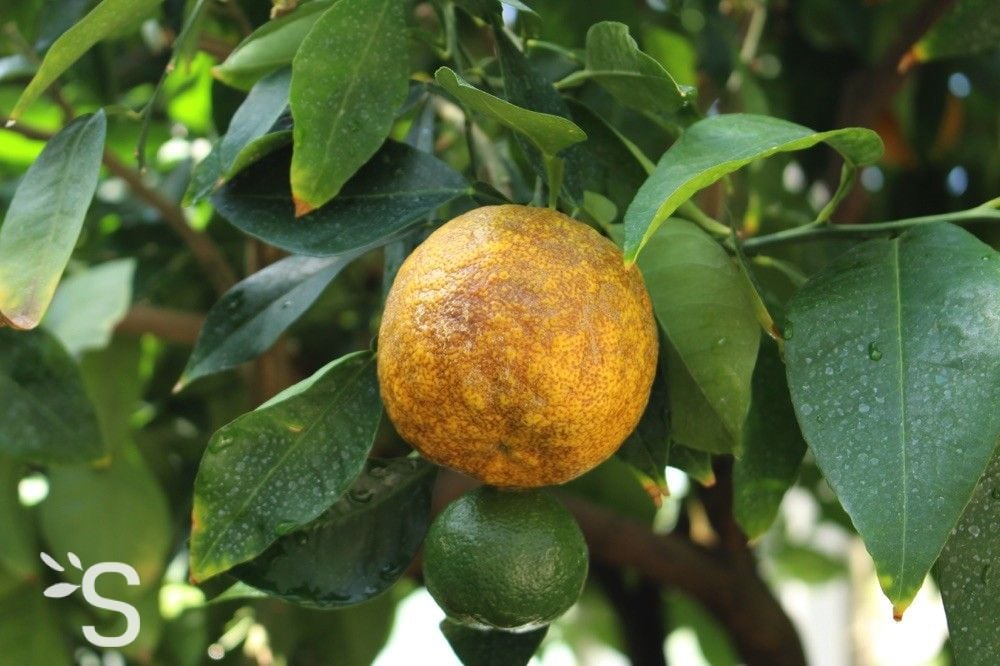
Citrus aurantium Plantes et Actifs Naturels
We have investigated the effects of limonin isolated from the dichloromethane fraction of the seeds of bittersweet orange (Citrus aurantium var. bigaradia) in two dose levels (50 and 100 mg/kg) against D-galactosamine (D-GalN)-induced liver toxicity in comparison with standard silymarin treatment on Toll-like receptors expression and hepatic inj.

Bigarade, Citrus aurantium amara L., Rutacées (Agrumes) Dr.Hauschka Cosmétiques De la Nature
Bittersweet orange ( Citrus × aurantium var. bigaradia) is an old hybrid between Citrus maxima and Camellia reticulata from China. It has been introduced to Europe from China during medieval ages. It is grown today throughout the Mediterranean region. The fruit exerts both a sweet and a bitter taste.
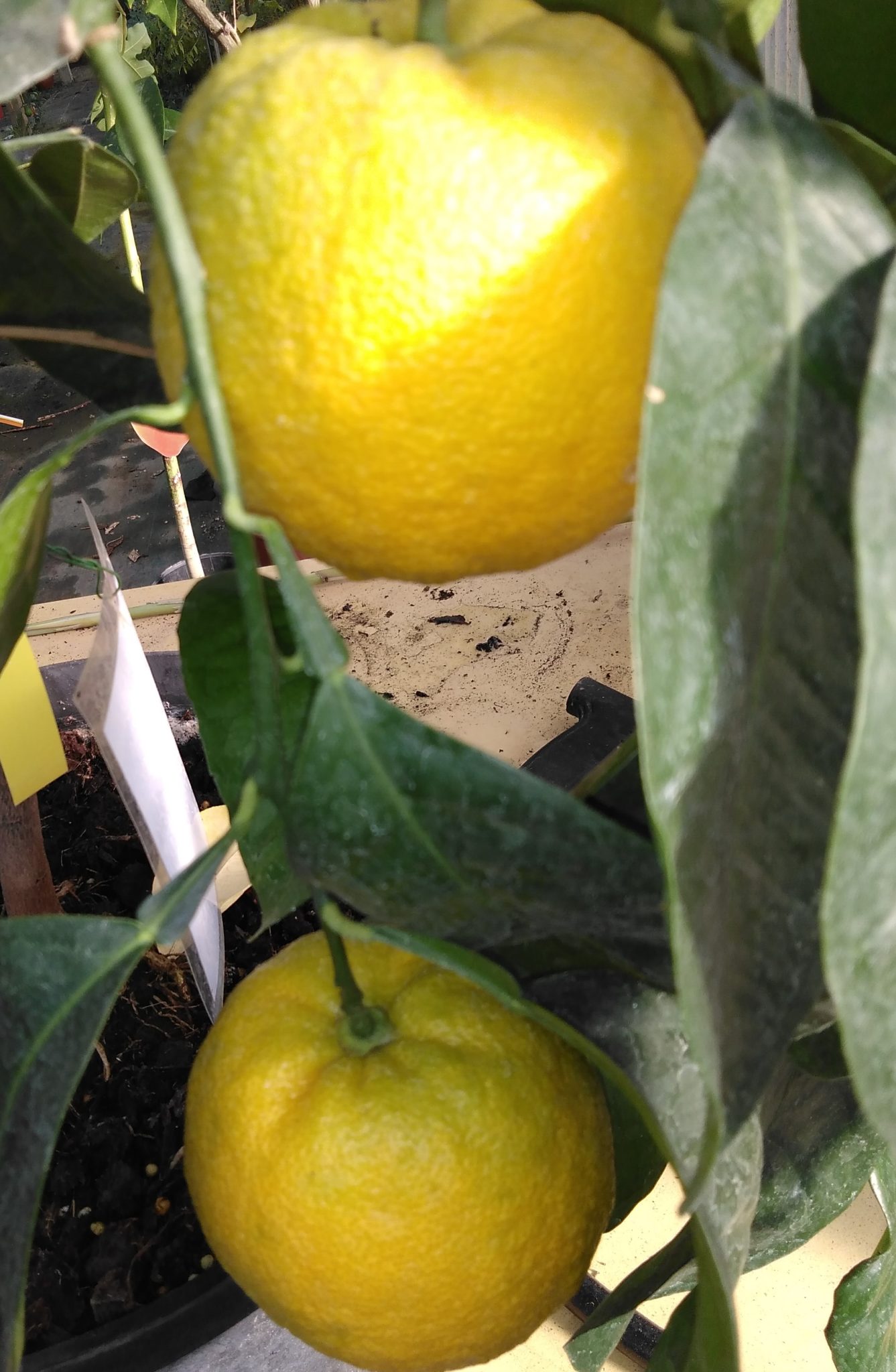
Bigaradier liscio Citrus aurantium SylvestreAgrumes
Citrus aurantium is an evergreen Tree growing to 9 m (29ft) by 6 m (19ft). See above for USDA hardiness. It is hardy to UK zone 9 and is frost tender. It is in leaf all year, in flower from April to June.

Bitter orange tree Citrus aurantium
Subtribus: Citrinae Genus: Citrus Species: Citrus × aurantium Name [ edit] Citrus × aurantium L. (1754) Formula hybridae: Citrus maxima (Burm.) Merr. × Citrus reticulata Blanco Synonyms [ edit] Heterotypic Aurantium × acre Mill. Aurantium × bigarella Poit. & Turpin Aurantium × corniculatum Poit. & Turpin Aurantium × corniculatum Mill.

Waar is Citrus Aurantium goed voor? WoMagazine
Citrus aurantium L., also known as sour orange, bitter orange, Seville orange, or bigarade, is an evergreen tree that can grow up to 5 meters tall. Renowned for its scented white flowers, it is believed to have originated in eastern Africa and Syria and was cultivated in the United States, Spain, and Italy [ 8 ].